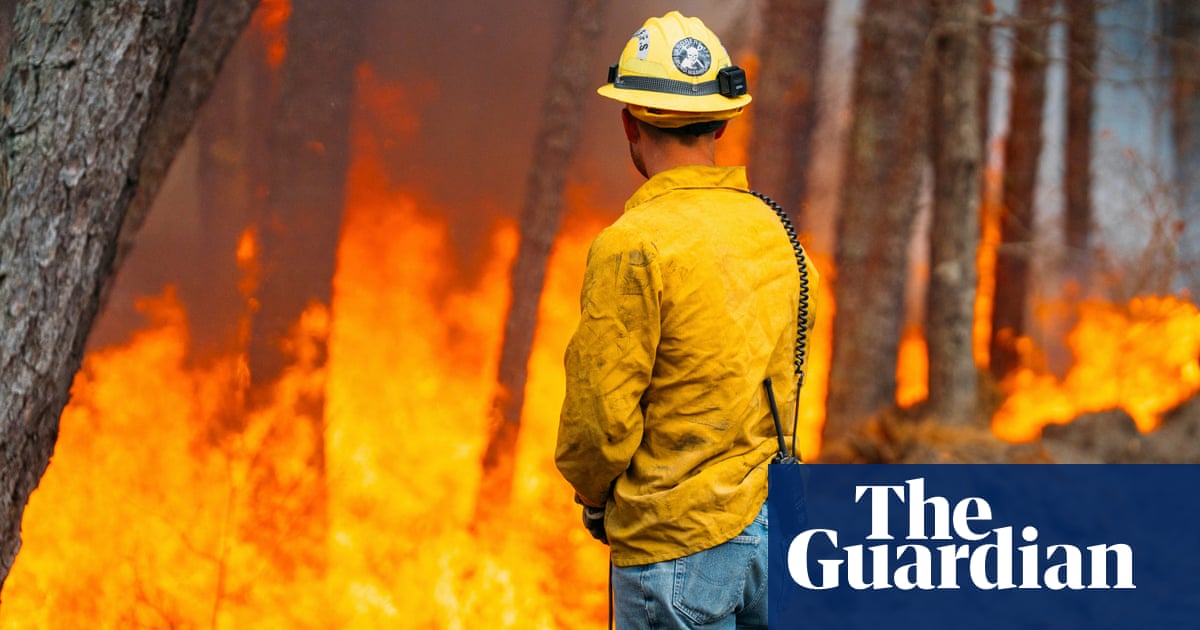CNN
—
A federal judge will allow a ban on most abortions in North Carolina after 12 weeks of pregnancy to go into effect on Saturday but temporarily blocked one provision included in the law.
US District Court Judge Catherine Eagles on Friday issued a narrow temporary restraining order putting on hold a requirement for doctors to document the location of early pregnancies with ultrasound evidence before prescribing a medication abortion.
“Sometimes patients can get to us very early in their pregnancy. … Our standard practice is to evaluate the patient, make sure that medication abortion is reasonable and safe, and then go ahead and start the medication abortion process even if we cannot yet see the pregnancy because the pregnancy is so early,” explained Dr. Katherine Farris, chief medical officer at Planned Parenthood South Atlantic. “The way the law is written, it does not allow us to do that, and that is the piece that the judge enjoined – not whether or not we have to perform an ultrasound, but whether or not we have to see the pregnancy within the uterus before we can start the medication abortion process.”
The order blocks that provision for two weeks, to allow for further review.
All of the other provisions will be allowed to take effect as scheduled. Eagles noted that the majority of the other measures raised in the lawsuit filed by Planned Parenthood and other abortion providers had been clarified by a bill signed into law by Gov. Roy Cooper on Thursday.
That legislation made significant changes to the sweeping abortion legislation – such as removing conflicting language that set a separate 10-week cut off for medication abortion and clarifications on laws on fetal homicide, doctor reporting requirements and rules surrounding residents who obtain abortions out of state.
Separately, court documents show that both plaintiff and defendant attorneys, as well as state lawmakers, agreed further to a stipulation that that the law will not penalize someone ” “who advises, procures, causes, or otherwise assists someone in obtaining a lawful out-of-state abortion.” For example, people cannot be arrested for driving a person who is past 12-weeks in pregnancy to obtain an abortion in another state where it is legal.
“Starting tomorrow, North Carolinians will no longer be able to access abortion after the 12th week of pregnancy, and they will be forced to endure medically unnecessary restrictions that make it harder to get the health care they need even before 12 weeks,” said Jenny Black, president and CEO of Planned Parenthood South Atlantic.
“Our legal challenge forced General Assembly leadership to clean up their mess of a bill, but we never should have had to sue to get clarity on how to comply with this law,” Black continued. “Planned Parenthood South Atlantic remains committed to providing abortion care to as many people as possible within the unjust and inhumane confines of this abortion ban, and we encourage anyone in need of abortion care to contact us as soon as possible for help navigating this new reality.”
As CNN previously reported, legal filings from attorneys representing Republican leadership appeared to confirm the amendment was written to address the Planned Parenthood lawsuit, which flagged multiple inconsistencies and potential constitutional violations in the original text of the abortion law, Senate Bill 20.
Cooper, a Democrat who vetoed the abortion law before the legislature’s Republican supermajority voted to override it last month, issued a statement on his decision to sign the bill containing the revisions.
“In addition to being dangerous for women, the rushed abortion ban was so poorly written that it is causing real uncertainty for doctors and other health care providers. This bill is important to clarify the rules and provide some certainty, however we will continue fighting on all fronts the Republican assault on women’s reproductive freedom,” said Cooper on Thursday.
Under current state law, which ends after Friday, abortions are legal up to 20 weeks of pregnancy.
The new law, effective Saturday, bans any licensed physician from performing surgical abortions after the 12th week of pregnancy. It provides limited exceptions in the case of rape and incest through 20 weeks of pregnancy or in the event of a “life-limiting anomaly” through 24 weeks.
Under the bill, the procedure could be performed by a physician if a doctor determines an abortion is necessary to avert a patient’s death – “not including psychological or emotional conditions.”
The new law prohibits health care providers who object to abortion “on moral, ethical, or religious grounds” from being required to participate in medical procedures that would result in an abortion.
It also creates several new reporting requirements, adds multiple in-person appointments and examinations by physicians seeking to prescribe or administer abortion-inducing drugs and will prohibit people within the state from mailing such drugs to a pregnant woman.
There are certain changes included in the abortion law that are not set to go into effect until October, such as possible clinic licensing regulations and a requirement that any abortion performed after 12 weeks for a patient with a qualified exception be done in a hospital.


:focal(0x0:3200x1820)/static.texastribune.org/media/files/40695a9e2493dfe7179bcadf4efe9d63/0324%20Faculty%20Council%20LW%20-%20CROPPED%2002.jpg)




























